|
Community Partners International (CPI) is supporting efforts to end tuberculosis (TB) in Myanmar by promoting access to TB testing and treatment for conflict-affected, hard-to-reach and under-served populations. A crucial element of success in reaching these populations is to ensure strong cooperation between the Myanmar Ministry of Health and Sports (MoHS) and the ethnic and community-based organizations that provide the first line of health services in these contexts. Myanmar has made significant strides towards ending TB. Since 2000, the estimated annual number of new TB cases has fallen from over 550 to under 350 cases per 100,000 people. Nevertheless, the country remains some distance away from the stated aim to end the TB epidemic by 2030 and reduce the number of new TB cases to fewer than 10 per 100,000 people per year. Myanmar is one of 30 countries worldwide that account for more than 85% of the global Tuberculosis (TB) burden. In Myanmar in 2018, there were an estimated 181,000 new cases of TB – more than the combined estimated number of new HIV and malaria infections in the same year. This was the 18th highest incidence rate (338 per 100,000 people) in the world that year. The World Health Organization (WHO) estimates that just under 5% (11,000) of these new TB cases are drug resistant. The key component to ending TB in Myanmar is extending access to testing and treatment to all. In the last few years, Myanmar’s National TB Programme has expanded access to treatment, with an estimated 76% of new cases provided with coverage in 2018. However, for many, access to affordable testing and treatment continues to be a major barrier. The WHO estimated that, in 2015, 60% of TB patients in Myanmar faced catastrophic health costs. On November 6 and 7, 2019, as part of CPI’s Better Health Together project supported by the Access to Health Fund, joint health teams visited remote communities in Kawkareik Township, Kayin State, Myanmar, to test for tuberculosis (TB) and provide other essential health services. The teams comprised the MoHS’ Kayin State Mobile TB Team, CPI staff, and members of ethnic and community-based organizations the Karen Department of Health and Welfare (KDHW) and the Yoma Social Development Association (YSDA). The joint teams set up testing centers in two villages – Hti Tu Than and Thayar Gone – to welcome members of the surrounding communities. Over the two days, 637 community members attended the sessions. The health teams provided health education including TB awareness, TB screening (using a mobile x-ray machine), outpatient services, and HIV and blood sugar testing. In total, 14 cases of undiagnosed TB were identified and the teams arranged for them to enroll on the six-month directly-observed treatment course provided for free by Myanmar National TB Programme through local MoHS rural health centers. CPI is working with MoHS and community partners to provide these TB awareness, prevention and testing services to remote and conflict-affected communities in 11 townships in Kayin State and Mon State. Since 2017, more than 4,500 people in these communities have been screened for TB, and 278 confirmed cases referred for further testing and treatment.
These kinds of joint actions are a key element of CPI’s Better Health Together strategy in Myanmar that focuses on supporting cooperation and convergence between MoHS and ethnic and community-based health organizations as a means to attaining universal health coverage (UHC). Comments are closed.
|
AuthorCPI Admin Archives
July 2024
Categories
All
|
|
|
COMMUNITY PARTNERS INTERNATIONAL
580 California St Fl 16, Ste 1658, San Francisco, CA 94104-1068, USA [email protected] +1 510 225 9676 We are a registered nonprofit 501(c)(3) Public Charity. TAX ID 94-3375666 |
©
Community Partners International

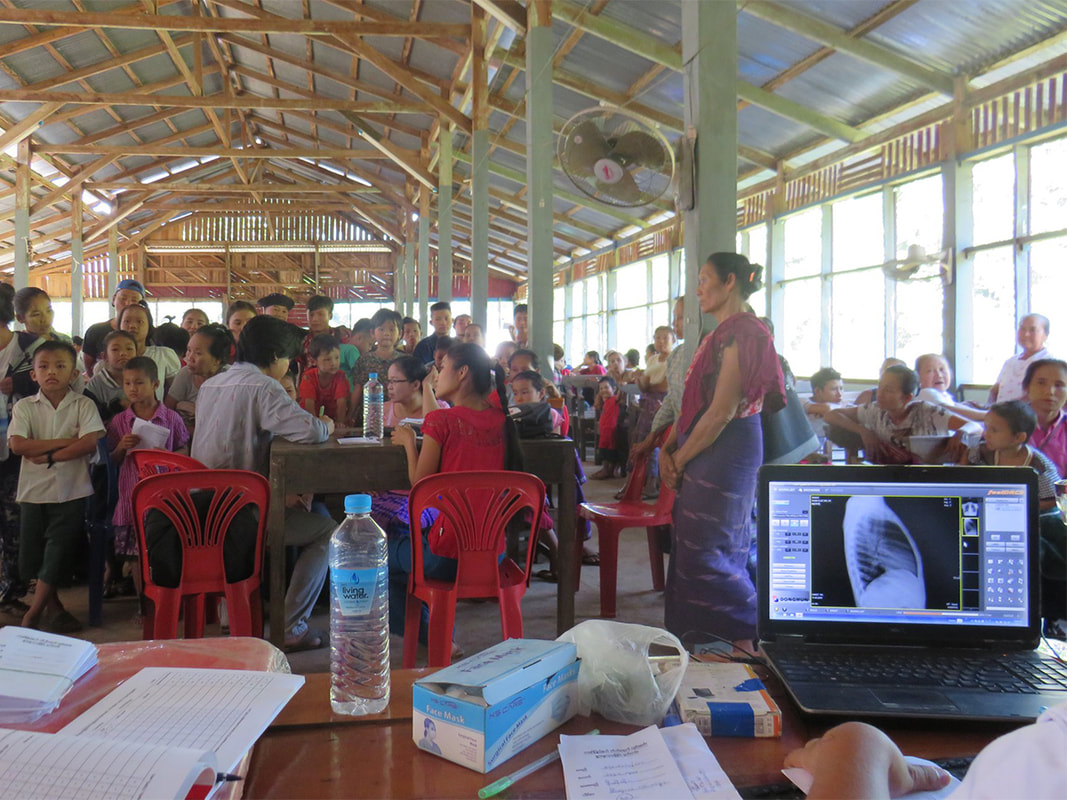
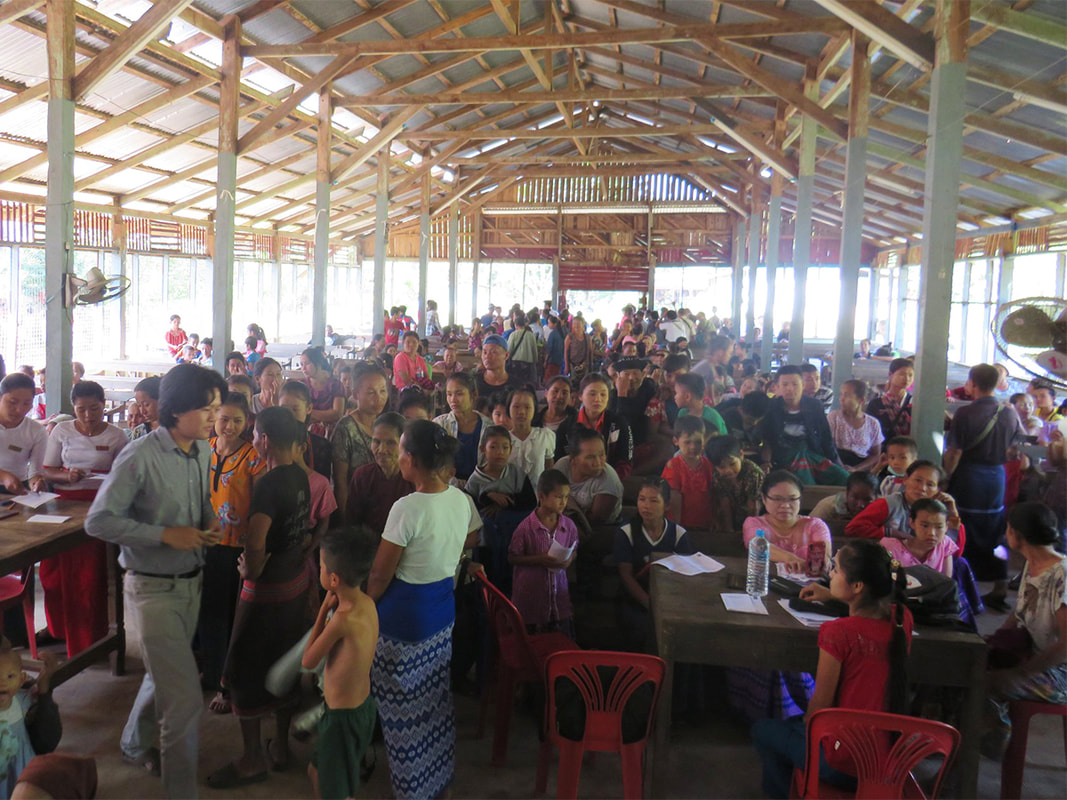
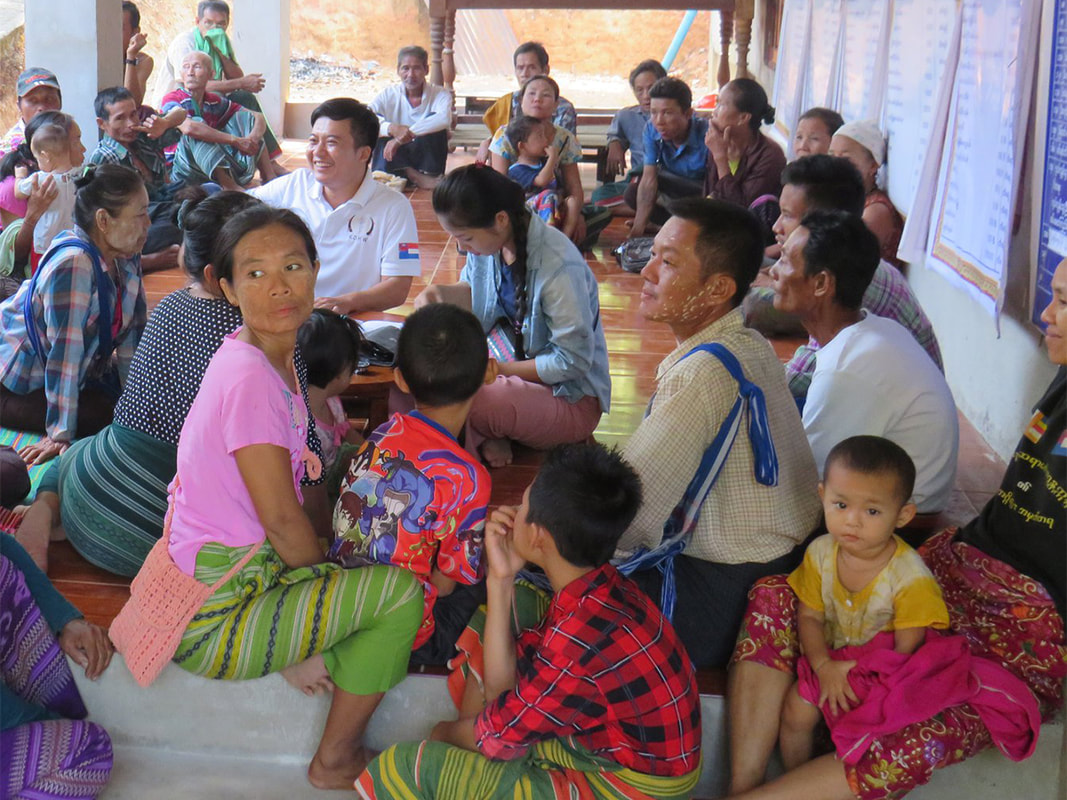
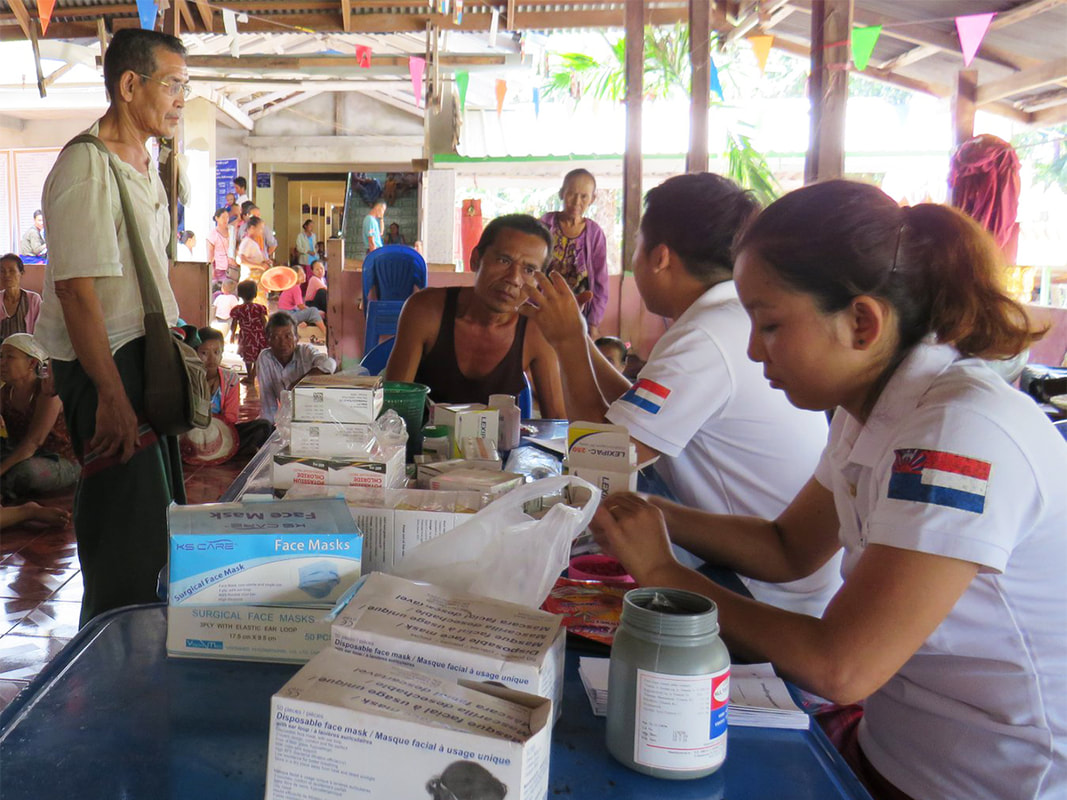
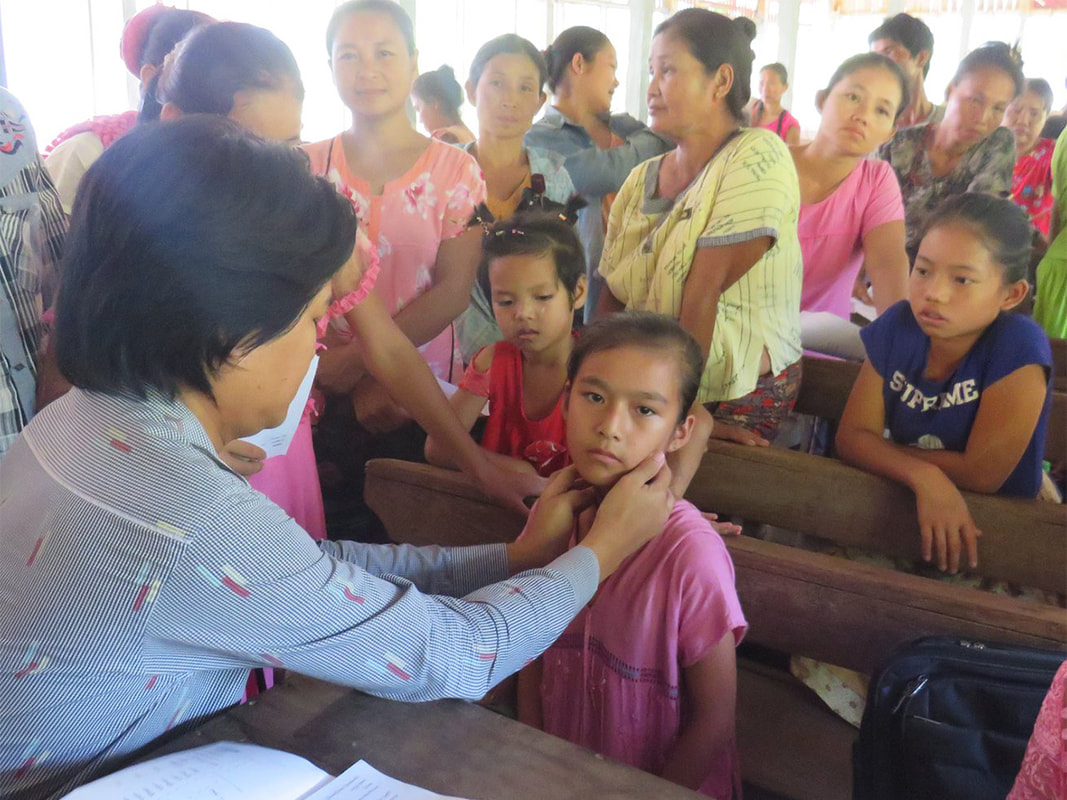
 RSS Feed
RSS Feed
